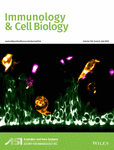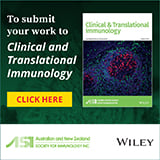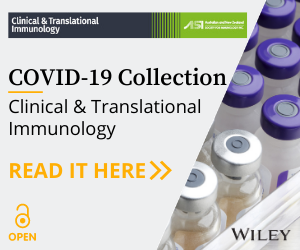CTI Special Features
2023
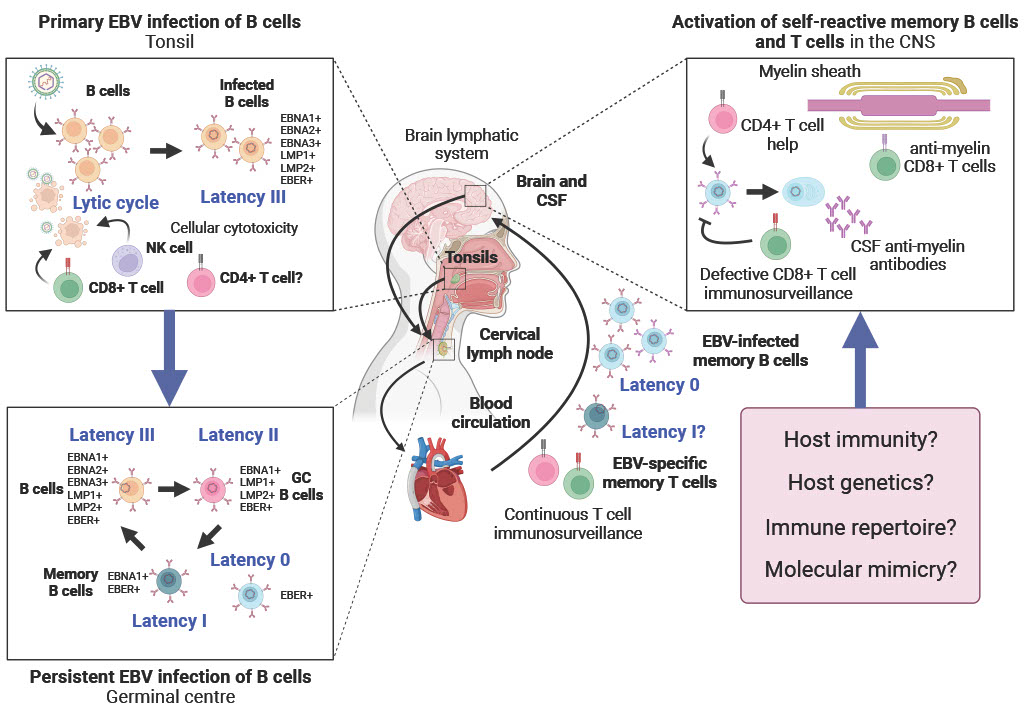
Special Feature Coordinator: Tri Giang Phan
Multiple sclerosis (MS) is a chronic, disabling disease of the central nervous system (CNS) characterised by plaques of demyelination due to autoimmune attack of the myelin sheath. A landmark paper in 2022 showed that infection with the Epstein-Barr virus (EBV) was associated with a 32-fold increase in the risk of developing MS. This study tracked 10 million military personnel for 20 years, an epic effort that showed the power of mega cohorts and big data. Together with the accumulating epidemiological, immunological, and virological evidence, this established that EBV infection may be necessary, but not sufficient to cause MS. The challenge now is to discover the underlying molecular mechanisms and translate these to next-generation therapies in the post-genomic era.
In this CTI Special Feature, we asked an interdisciplinary group of experts to provide their perspective on the resurgence of the ‘EBV hypothesis’ and what it means for the future of MS research. The Special Feature covers five key topics: the EBV life cycle and how this may provide insights into potential MS disease mechanisms; the immunogenetics of MS and how genetic susceptibility to MS intersects with EBV; the lessons from the clinic of immune suppressive disease-modifying drugs and how they may impact on MS and EBV; the pathway to translating disease mechanisms into clinical trials that target EBV to treat and prevent the development of MS; and finally the development of an allogeneic ‘off-the-shelf’ EBV-specific T cell therapy.
CTI Special Feature on 21st Century Technologies & Therapeutics for Respiratory Disease Prevention
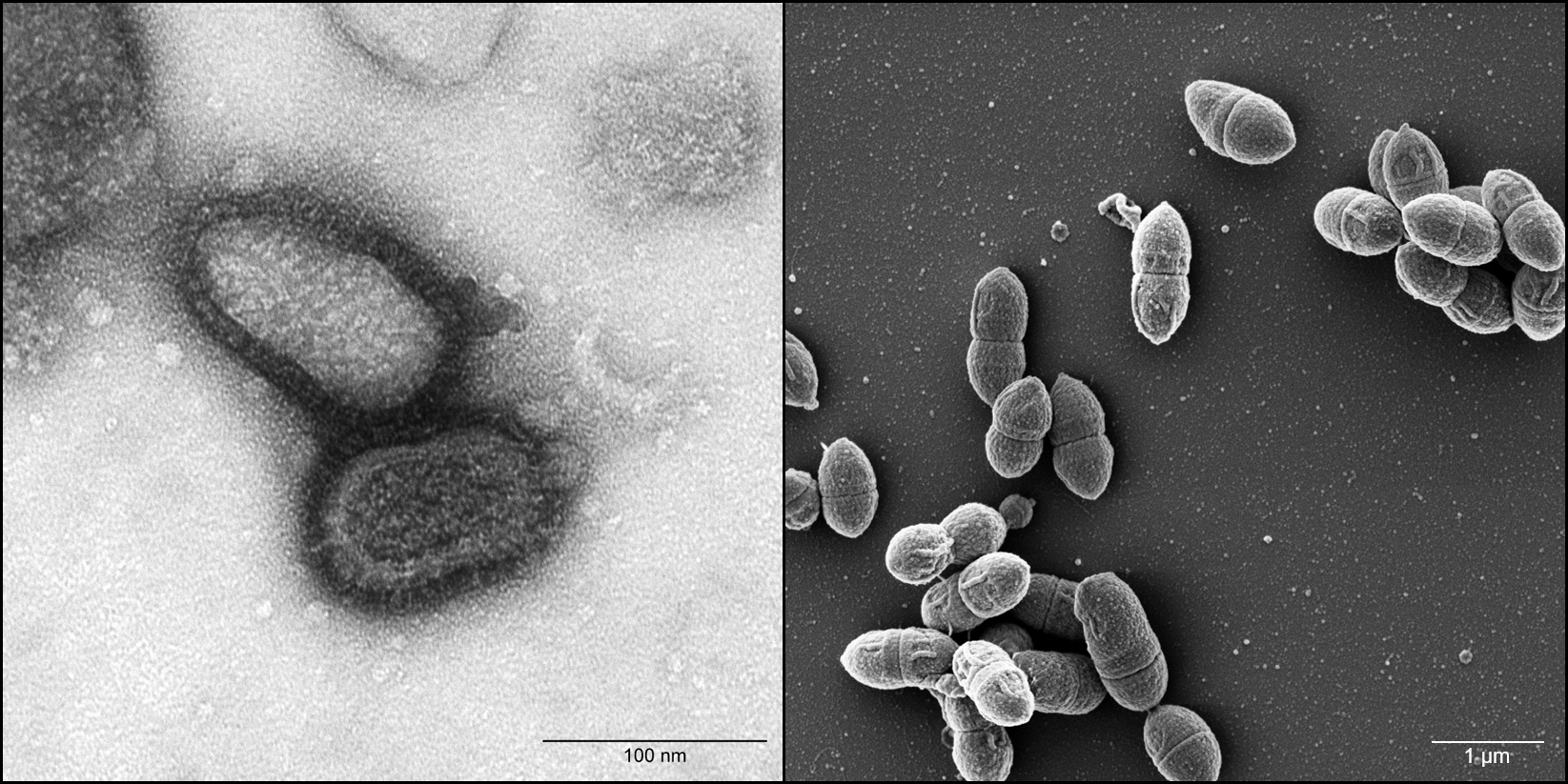
Special Feature Coordinator: Shannon C David
The coronavirus disease 2019 (COVID-19) pandemic is the latest in a series of global high-consequence respiratory virus outbreaks. Early pandemic public health responses focussed on non-pharmaceutical interventions, and control measures were implemented globally to limit viral spread and slow down any potential overwhelming of healthcare systems. An unexpected but positive phenomenon resulting from mass implementation of these measures was the significant drop in non-COVID-19 respiratory infections globally, with an unprecedented drop in Influenza virus cases in particular. However, with the progressive removal of pandemic measures, these decreases have not been sustained. Infection levels have returned to pre-pandemic levels, and uncharacteristic spikes in respiratory infections have now been observed in both northern and southern hemispheres.
We will continue to confront the seasonal recurrence of coronaviruses and influenza viruses, and our extensive agricultural practises and ongoing deforestation are considered major drivers of infectious zoonotic disease outbreaks. This, paired with the ever-increasing globalisation of our world, means additional respiratory pandemics are a real possibility in our future. A major strategy to combat this ongoing threat is vaccination, though recent studies report reductions in both activation and progression of non-COVID19-related clinical trials during the pandemic period, due to difficulties in safely continuing under lockdown conditions, and a marked re-orientation in clinical trial research towards COVID-19. In this Special Feature of Clinical & Translational Immunology, we highlight important non-COVID-19 vaccine papers from the past year that seek to combat respiratory threats and improve protection in the coming years against both viral and bacterial pathogens.
2021
CTI Special Feature on Natural Killer Cell Regulation in Homeostasis and Disease
Special Feature Coordinator: Fernando Souza-Fonseca-Guimaraes
Immune “checkpoint” inhibitors that increase the anti-cancer activity of cytotoxic lymphocytes have revolutionized cancer treatment. Currently, most therapies block inhibitory pathways in tumor-infiltrating T cells. Recently, however, similar programs have been elucidated in other cellular effector populations such as natural killer (NK) cells. NK cells are critical for tumor immune surveillance, particularly for the control of metastatic cells or hematological cancers, as well as infected cells. Yet, how NK cells specifically recognize altered cells, and the contexts in which altered cells are able to escape NK cell control, both remain poorly understood.
This Special Feature of Clinical & Translational Immunology summarizes new advances which have identified inhibitory checkpoints in NK cells which may, or may not, be shared with conventional cytotoxic T lymphocytes. It also outlines emerging approaches to harness the full therapeutic potential of NK cells for treating cancer and autoimmune diseases, as well as understanding how pathogens and vaccine-derived signals can also influence in NK cell differentiation and effector functions.
2020
CTI Special Feature on Immunopathobiology of Chronic Lung Disease
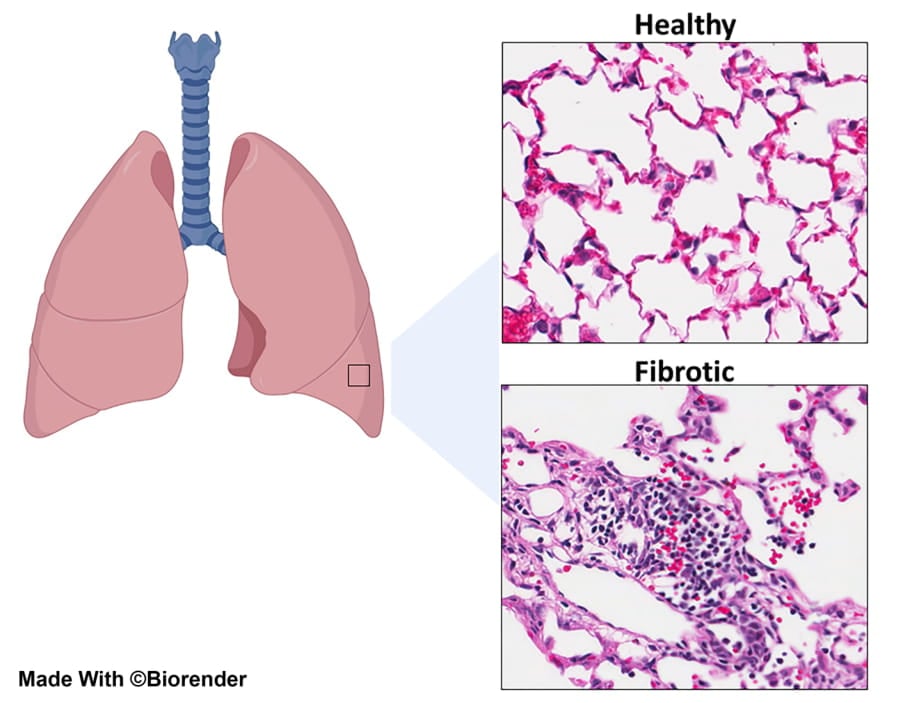
Special Feature Coordinators: Cecilia Prêle and Gerard Hoyne
The innate and adaptive immune system play critical roles in the maintenance of tissue homeostasis in the lung and in protecting the host from infection. Persistent and repetitive damage to the lung elicits an inflammatory response that can, if unregulated, contribute to the development of chronic lung disorders including interstitial lung diseases (ILDs) such as idiopathic pulmonary fibrosis (IPF), interstitial pneumonia with autoimmune features (IPAF) and connective tissue associated-ILD (CTD-ILD), as well as chronic obstructive pulmonary disease (COPD) and lung cancer.
This Special Feature of Clinical & Translational Immunology covers a range of topics related to the role of the immune system in chronic lung diseases, including animal models, lung repair and regeneration, challenges with the clinical diagnosis of ILDs, in particular autoimmune-like IPAF, the role of the innate immune system and how mucins regulate the immune response in healthy lung and in chronic lung disease and the adaptive immune response in lung cancer and the potential for immune checkpoint inhibitor therapy.
CTI Special Feature on Regulation of Immunity and Infection by Pathways of Cellular Metabolism

Special Feature Coordinators: Katrina Binger and Justine Mintern
Immunometabolism is an ever-growing area of research with articles on this topic published in high-impact journals on a regular basis. The promise of this field is that increased understanding of how pathways of cellular metabolism influence the function of immune cells will open novel areas for the manipulation of immunity. However, this poses significant challenges for specificity and toxicity as metabolic pathways are shared by all cells, not only immune cells. This Special Feature highlights review articles that address the complexity and putative benefits of targeting immune cell metabolism to regulate immunity and infection. The Special Feature encompasses diverse areas of immunology, from the interplay between systemic metabolism, immune responses and haematopoiesis, to recent insight into cellular metabolic pathways and molecular processes that influence immune responses to infection.
CTI Special Feature on Frontiers in Antiviral Therapy and Immunotherapy
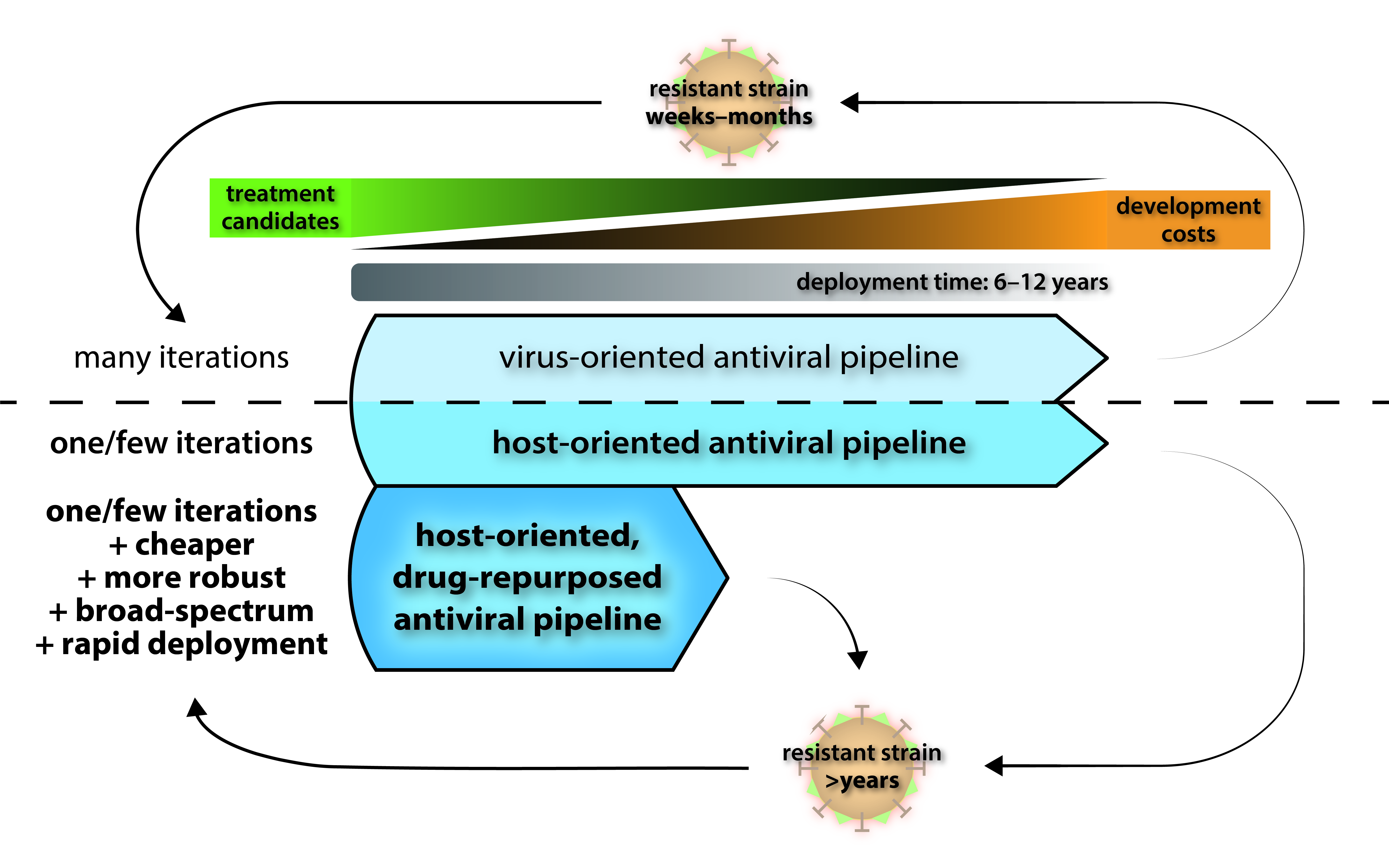
Special Feature Coordinator: Steven Heaton
Despite recent advances in the therapeutic control of immune function and viral infection, current therapies are often challenging to develop, expensive to deploy and readily select for resistance-conferring mutants. Shaped by the host–virus immunological ‘arms race’ and tempered in the forge of deep time, the biodiversity of our world is increasingly being harnessed for new biotechnologies and therapeutics. Simultaneously, a shift towards host-oriented antiviral therapies is currently underway. In this Clinical & Translational Immunology Special Feature, the articles outline a strategic vision integrating these themes to create a new generation of effective, economical and robust antiviral treatments and immunotherapies. Durable international cooperation over the coming decades is necessary to achieve this; therefore, in this CTI Special Feature, leading international experts discuss frontiers in host-oriented therapies, methods for modulating immune gene expression and applications of recent genome sequencing technologies, including an emerging research field.
2019
CTI Special Feature on Unconventional immunity: the role of γδT cells in host defense and disease
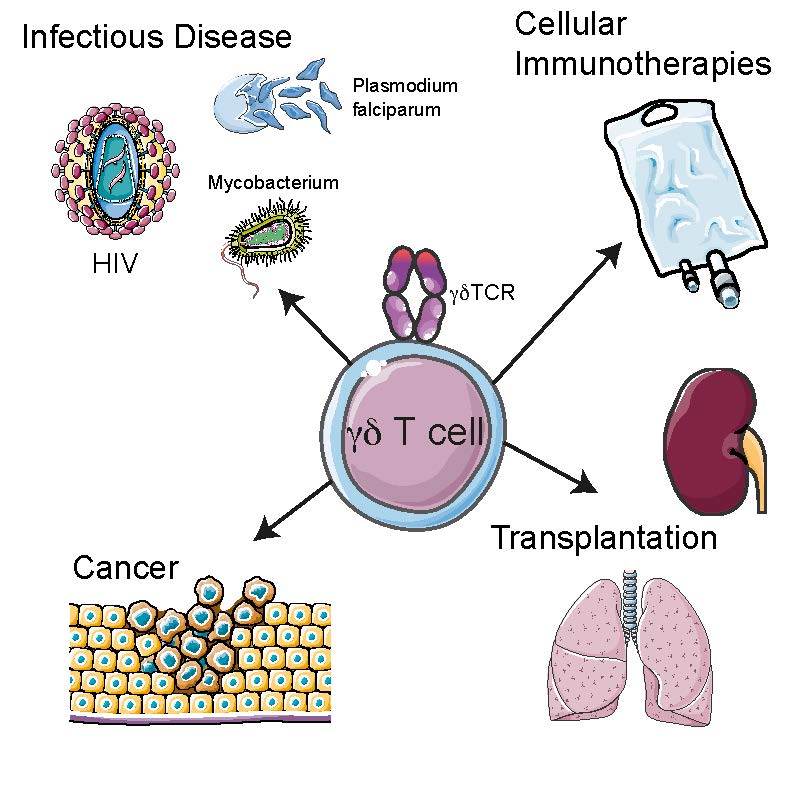
Special Feature Coordinators: Martin Davey and Emily Eriksson
γδ T cells have been preserved alongside αβ T cells and B cells for ~500 million years of vertebrate evolution. γδ T cells are increasingly recognised as having important roles in immune responses to both microbial and non-microbial challenges in mice and humans. In this Special Feature of Clinical & Translational Immunology, we highlight the role of γδ T cells in infectious disease, cancer, transplantation and the lasting contributions of a pioneer of γδ T cell research.
CTI Special Feature on Cell and Gene Therapy
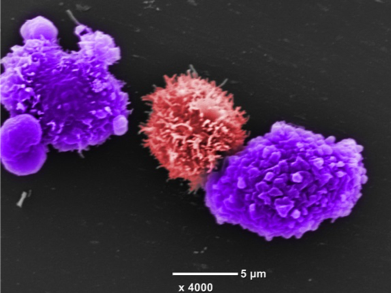
Special Feature Coordinators: Paul Beavis and Phillip Darcy
Adoptive cellular immunotherapy involving the transfer of autologous chimeric antigen receptor (CAR) T cells has resulted in remarkable responses in relapsed B cell malignancies such as acute lymphoid leukaemia (ALL), often resulting in long-term remission in these patients. These results have led to recent FDA approval of two CAR T cell products for the treatment of CD19+ ALL and non-Hodgkin lymphoma. However, the broad use of this type of therapy for other cancers, in particular solid tumors, has been precluded by both intrinsic and extrinsic factors. This includes the immunosuppressive tumor microenvironment, poor trafficking and infiltration of CAR T cells into the tumor site and heterogenous expression of antigen on the tumor cells. In this Special Feature of Clinical & Translational Immunology, we have invited leading experts in the adoptive immunotherapy field to discuss recent innovative developments for potentially increasing the function, trafficking and safety of CAR T cell therapy and for broadening the utility of this specialised form of immunotherapy for treatment of cancers that have failed conventional treatments.
2018
CTI Special Feature on Endoplasmic Reticulum and Oxidative Stress in Immunopathology
Special Feature Coordinator: Sumaira Z Hasnain
Endoplasmic reticulum (ER) stress and related molecular programs, which occur when proteins misfold during biosynthesis in the ER, are important components of the pathophysiology of several diseases including cancer, diabetes, inflammatory bowel disease and multiple forms of respiratory inflammation. Despite this, our understanding of the molecular programs that regulate ER stress, ER-associated degradation pathways, oxidative stress and the unfolded protein response are limited. In this Special Feature of Clinical & Translational Immunology, we highlight the complex relationship between cellular stress pathways and inflammation and the potential strategies that could pave the way for specific drugs designed to improve protein folding, manipulate the unfolded protein response to reduce inflammation and restore homeostasis.
CTI Special Feature on Genome-wide Association Studies and Immunity
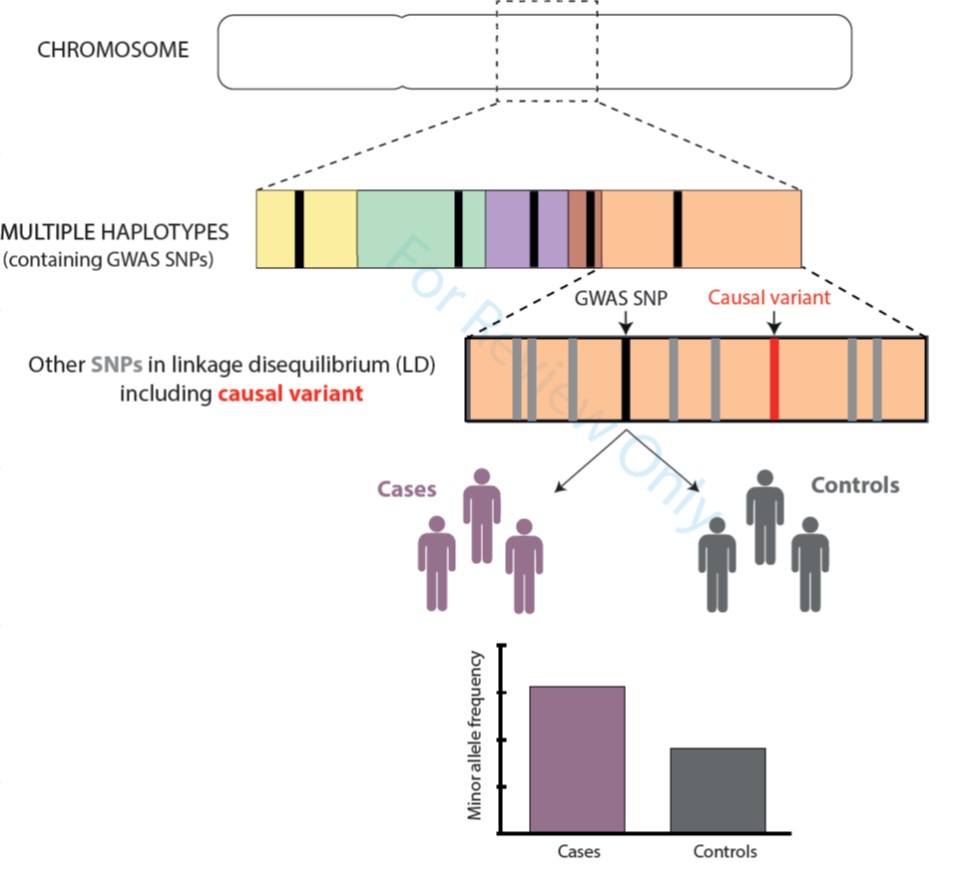 Special Feature Coordinator: Manuel Ferreira
Special Feature Coordinator: Manuel Ferreira
This Special Feature of Clinical & Translational Immunology marks 10 years since genome-wide association studies (GWAS) were first applied to immune-related diseases. The five reviews cover findings from ankylosing spondylitis, asthma, Crohn's disease, multiple sclerosis and type-1 diabetes. Topics covered include a summary of genetic associations reported to date, the likely target genes underlying those associations, novel insights into disease aetiology, and challenges and opportunities that will shape our field in the next 10 years.
CTI Special Feature on Microbiota and immune cell crosstalk: dialogues across health and disease
Special Feature Coordinator: Erika Duan
The therapeutic potential of correcting microbiota dysbiosis has galvanised researchers and clinicians alike. Immune cells can selectively sense and eliminate microbial species, interact within a local microenvironment and migrate into the periphery or distal organs following co-ordinated activation. This renders them as prime candidates in the endeavour to understand how a localised microbiome can broadly influence organism health and disease susceptibility. Specific commensal microbes can induce tolerogenic or tissue reparative immune cells to maintain organ health, whilst unintentional microbe translocation can initiate disease pathology. Critically, bi-directional communication exists as certain immune cell products can sequester microbial species. Since immune cell contributions to acute and chronic diseases are extensively studied, insight into the mechanisms of immune cell and microbiota crosstalk may provide new leads in the development of superior therapeutic agents. In this Special Feature of Clinical & Translational Immunology, we present four reviews which address and summarise the evidence for immune cell and microbiota crosstalk during different acute and chronic diseases.
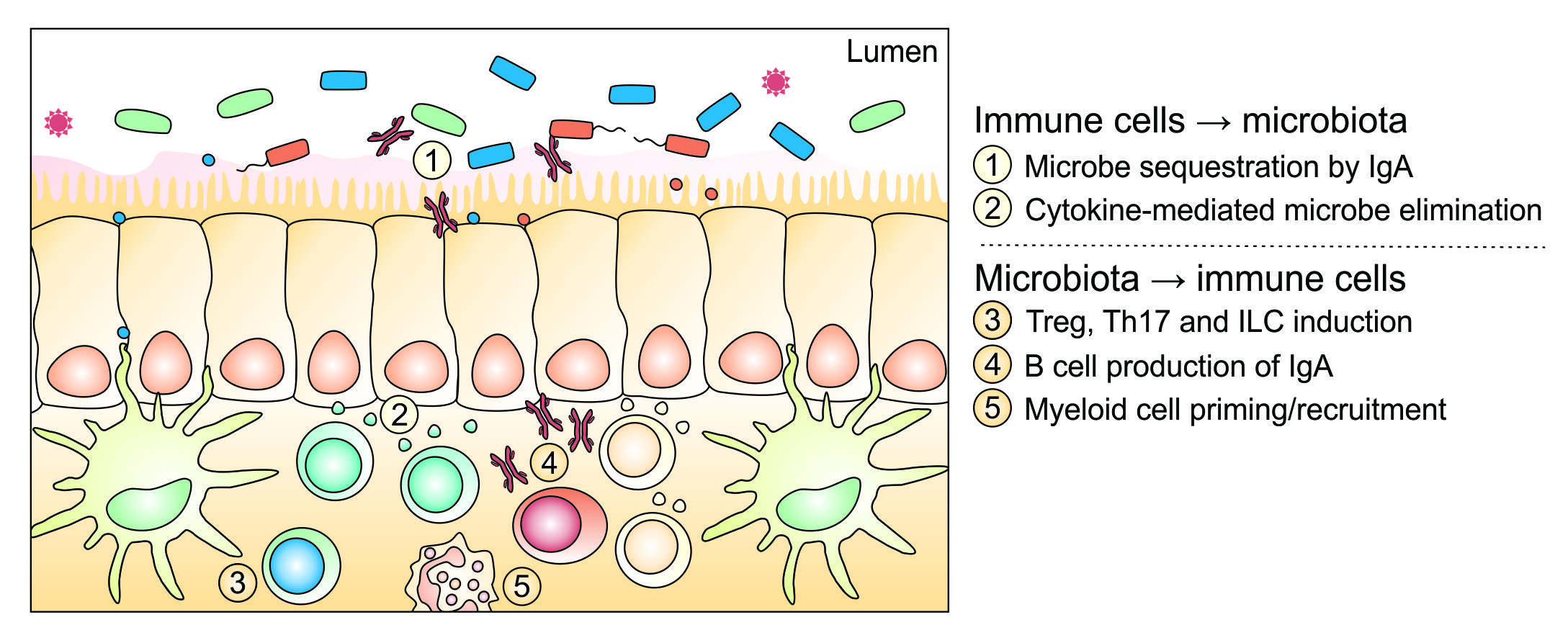 Image: Key examples of microbiota and immune cell crosstalk, as discussed by the four reviews.
Image: Key examples of microbiota and immune cell crosstalk, as discussed by the four reviews.
CTI Special Feature on Regulatory T cell heterogeneity
Special Feature Coordinators: Ajithkumar Vasanthakumar and Kirsten Ward Hartstonge
Distinguishing self from non-self is a unique feature of the immune system. While negative selection rigorously eliminates auto-reactive T cells, the few cells that escape could trigger severe auto-immune responses. Regulatory T cells (Tregs) however, keep these auto-reactive T cells and other inflammatory T cells in check to preserve immune homeostasis. Paucity of Tregs leads to fatal autoimmunity in both mice and humans. While most Tregs develop in the thymus, they adapt and populate multiple lymphoid and non-lymphoid tissues. Besides suppressing auto-reactive T cells, Tregs also perform non-canonical functions, which include tissue repair and regulation of organismal metabolism. Tregs therefore are heterogeneous in their tissue localization and function. A small fraction of Tregs that differentiate from conventional CD4+ T cells in the periphery further adds to this heterogeneity. In this special feature, we have collated reviews from experts to highlight Treg cell heterogeneity from the perspective of their origin, phenotype, tissue localization, function and the complexity in regulation of these features.
2017
The immune system of the liver: 50 years of strangeness
Special Feature Coordinators: Michaela Lucas, Axel Kallies and Paul Klenerman
In this CTI Special Feature, a range of authors discuss the balance that is struck in the liver between tolerance and reactivity, and importantly discern the critical cell types and mediators involved in this complex biology. The anatomical structure of the liver vasculature allows for constant screening of the blood for systemic and gut-based pathogens. This vasculature consists of a slow-flowing capillary network, the sinusoids, which contain unique subsets of immune and endothelial cells, critical for the liver's and ultimately the host's defense. Thus, understanding liver immunology means exploring and experimentally dissecting this unique microenvironment. This Special Feature covers the key areas of clinical liver disease and condenses the emerging evidence for the roles that liver-resident cells have in liver pathology and protection. The selected reviews emphasize the role of the diverse immune cell populations present in the liver, with particular focus on mucosal associated invariant T (MAIT) cells, monocyte-derived macrophages and tissue-resident T cells that act in concert with structural cells of the liver such as liver sinusoidal cells and Kupffer cells. These cell populations, poised for action, take center stage in regulating the fine balance between immediate responses against invading pathogens and prevention of systemic inflammation and auto-immunity.
Overall, these reviews highlight the complexity of liver biology in health and disease. The distinct organization and composition of the liver's immune system has evolved to safeguard this vital organ, which has unique physiologic roles but also serves as a gateway to systemic infections. Although the mucosal immune system of the gut and its associated microbiome has been the subject of an enormous number of studies, the similarly complex and tightly linked environment of the liver has received less attention. However, given the new tools and models described in these reviews, there is reason for optimism.
Immune regulation of chronic disorders
Special Feature Coordinator: Vanessa Bryant
Four topics are featured in this Special Feature on CTI Immune regulation of chronic disorders, as follows:
- Immunopathogenesis of granulomas in non-infectious inflammatory diseases
- Coeliac disease: a unique model for investigating broken tolerance in autoimmunity
- Caspase-8: Not so silently deadly
- Chronic mucocutaneous candidiasis disease associated with inborn errors of IL-17 immunity
2016
CTI Special Feature on the Gut Microbiota and Immune Regulation: the Fate of Health and Disease
Special Feature Coordinator: Eliana Mariño
The gut microbiota is relevant to many diseases due to its direct impact on the development and maintenance of the immune system. Moreover, both the gut microbiota and the immune system are intimately related to many other physiological processes, such as metabolism and behavior, as well as the digestive, respiratory and nervous systems. With diseases such as obesity, stroke, cancer, depression and autism increasing in prevalence, the debate centres upon whether many diseases have a gut origin. The interplay between the intestinal immune system, the epithelial barrier and the bacteria that resides within is fundamental to maintaining a healthy gut homeostasis and determining the fate of health and disease. The host genetics and many environmental factors such as diet, early exposition to antibiotics, stress, drugs and many pollutants contribute to altering the balance of good and bad bacteria (dysbiosis) in the gut, subsequently compromising the gut permeability and leading to a condition often called "leaky gut." Many inflammatory diseases are collectively being pinned on having a gut wall that allows toxins and autoimmune triggers to escape from the intestinal lumen.
In this Special Feature of Clinical & Translational Immunology, we share our insights into the interplay between environmental factors, gut microbiota and metabolites, and their effects on human development, inflammation, infection, obesity, diabetes and chronic kidney disease. Likewise, we briefly discuss the challenges and opportunities in gut microbiota research and how novel therapeutic strategies targeting the gut microbiota will be beneficial for humans.
CTI Special Feature on Inflammatory Diseases: A Translational Perspective
Special Feature Coordinator: Dr Connie Wong, Centre for Inflammatory Diseases, Department of Medicine, School of Clinical Sciences, Monash Medical Centre, Monash University, Clayton, Victoria 3168, Australia
Immune homeostasis relies on fine-tuned responses aimed at defending the host, protecting it from infection and promoting repair from injury. However, this process can go amiss, resulting in the development of inflammatory diseases. Despite very different aetiologies and clinical presentations, recent research findings in the physiopathology and treatment of inflammatory diseases prompt us to consider them as a whole. These are chronic, often incapacitating and painful illnesses that may have initiated in an acute localised manner, but progressed into systemic manifestations and destroy organs. In many cases, our understanding of inflammatory disease biology is limited and available therapies vary greatly in their efficacy and safety. In this Special Feature of Clinical & Translational Immunology, leading exponents of inflammatory disease discuss the development of anti-inflammatory treatments in their respective fields and describe the efforts into translating results from promising preclinical animal studies to novel therapeutic strategies for humans.
CTI Special Feature on Innate Immune Responses and Vaccine Design
Special Feature Coordinators: Christopher Sundling and Kerrie Sandgren
The challenge of developing next generation vaccines against some of the most burdensome diseases—both infectious and inflammatory, will require an injection of basic knowledge as well as scientific innovation. As highlighted in this collection of expert reviews, the innate immune response is a critical stepping-stone between vaccination and the development of effective adaptive immunity, triggering and shaping the ensuing cellular and humoral responses that will ultimately control the disease. An enhanced understanding of how innate immunity develops in different disease states will help inform the design and formulation of new vaccine components. Conversely, an increased understanding of the mechanism of action of novel adjuvants will aid in their rational selection for different diseases and delivery platforms. In this Special Feature of Clinical & Translational Immunology, we present a number of papers that jointly highlight the interplay between innate immune responses and the resulting functional vaccine responses.






